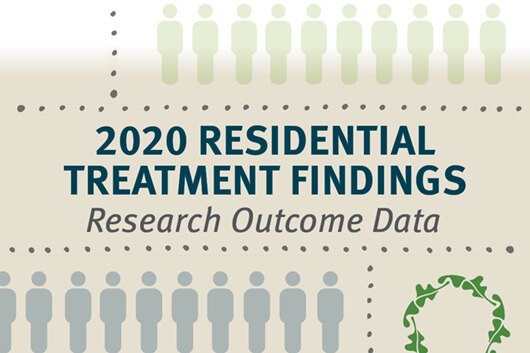There has never been such a challenging time for raising a teenager. Parents are tasked with guiding these young people around so many obstacles, not the least being the pandemic. Teen lives have been turned upside down this year, and many of them are struggling with increased levels of anxiety, depression, loneliness, and despair.
The angst of 2020 has also increased the risk for teens to experiment with substances. For some teens, substance use is a diversion from boredom. Other teens may begin using a substance to help soften the feelings of distress brought on by the pandemic. Whatever the catalyst, parents have to be ever watchful for the warning signs of substance use.
According to recent statistics provided by the National Institutes of Health, nearly 44% of today’s teens have used marijuana and 58% of the nation’s sophomores, aged 16, have used alcohol. Both marijuana and alcohol are considered gateway drugs, opening the door to drug experimentation, binge drinking, and potentially a substance use disorder.
Although each specific substance will have its own set of symptoms, there are some common signs that a teen might be experimenting with a substance. These include:
- Declining academic performance
- Loss of interest in extracurricular activities usually enjoyed
- Physical signs of drug or alcohol use, such as constricted pupils, weight loss, glassy eyes, perpetual runny nose, smell of marijuana or alcohol
- Stealing prescription drugs from family members
- Engaging in risky behaviors, such as driving under the influence
- Withdrawing socially
- Sneaky behaviors
- Trouble with the law
- Truancy
- Hanging out with a different crowd
- Stealing money from family members
- Mood swings
- Change in sleep habits
- Change in eating habits
- Irritability
- Signs of depression
- Signs of anxiety
- Withdrawal symptoms
Acknowledging the warning signs of substance use, and then acting on it, could help stop the problem in its tracks. Timely intervention is vital, as teens that begin using substances at an early age are at a significantly higher risk of developing a substance use disorder in adulthood.
About Teen Substance Use Trends
Many people are aware of the annual Monitoring the Future Survey hosted by the National Institute on Drug Abuse. This yearly survey of teen behavioral trends helps schools, parents, and mental health providers gauge needs and resources for substance use treatment. The 2017 survey results offered some encouraging information, including that illicit drug use (heroin, synthetic cannabinoids, opioids, MDMA and methamphetamine) was holding steady or even declining compared with previous years.
Daily marijuana use, however, exceeds that of daily cigarette use among high school-aged teens. Vaping is another trend that is on the rise in this demographic. Marijuana is substantially more potent than it was in the past, being about five times as strong as it was in the 1990s. Scientists have not yet defined long-term health risks for these high-potency products. Unfortunately, the teen brain is particularly vulnerable to the possible consequences of the high THC concentrations.
Understanding Teen Drug Use Consequences
The majority of teenagers do not tend to consider the long-term effects of their behaviors and choices. For a teen, the here and now is a top priority and the big picture is often ignored, to their own peril. Parents are keenly aware that missteps in adolescence can come back to haunt a teen later in life.
Some of the consequences of teen substance use include:
- Developing a substance use disorder
- Decline in school attendance
- Plummeting grades
- Getting in trouble with the law
- Engaging in high risk behaviors
- Being involved in an accident
- Engaging in violent behavior
- Having a record which can follow you into adulthood and impact employment
- Developing a co-occurring mental health issue
- Causing social problems, loss of friends, becoming isolated
If the signs of substance use become apparent in an adolescent, parents should be proactive. Seek out the services of a substance recovery program for teens, as these will specialize in the nuanced differences between teen and adult treatment needs.
Teens need help as early as possible for the best recovery outcome. Using the above advice can guide parents toward taking those first steps toward obtaining the necessary treatment for their teen.
Ashley Addiction Treatment, formerly Father Martin’s Ashley, is a nationally recognized nonprofit leader in integrated, evidence-based treatment for substance use disorders and is accredited by The Joint Commission. We offer both inpatient and outpatient programs, holistic addiction treatment, drug detox, relapse prevention plans, family wellness programs and a variety of other services tailored to each patient’s needs. Our driving principle — “everything for recovery” — reinforces our mission to heal each individual with respect and dignity, and reflects on our ongoing commitment to meet new challenges. For information about our comprehensive programs, please call (866) 313-6307.




